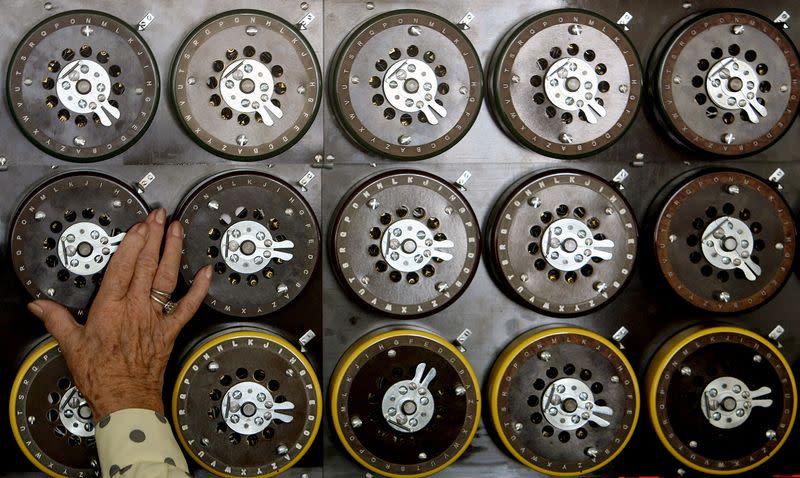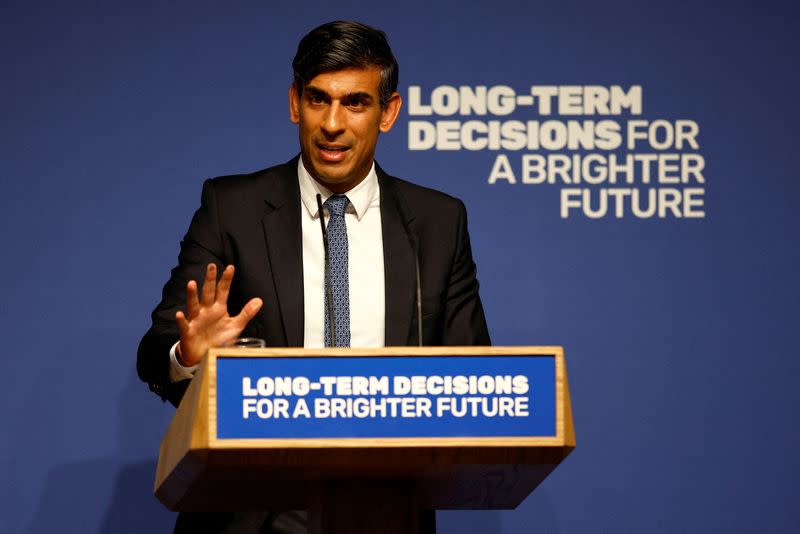Factbox-Bletchley Park: Five facts about the UK's AI Safety Summit venue
By Farouq Suleiman
BLETCHLEY PARK, England (Reuters) - Britain will host its first global summit on artificial intelligence (AI) at Bletchley Park, a site considered as a birthplace of computing due to advances in cryptographic and intelligence processes during World War Two.
Here are five facts about the site in Milton Keynes, south east England, about 50 miles (80 km) north-west of London.
- Bletchley Park was once the top secret home of Britain's World War Two codebreakers, housing the men and women who succeeded in breaking seemingly impenetrable codes and ciphers, including Nazi Germany's Enigma code.
- Bletchley Park was the site where the world's first programmable digital computer Colossus was developed by British codebreakers.
Ten Colossi were used by the Bletchley Park team in the cryptanalysis of the German rotor stream Lorenz cipher to enable the British to read high-level army messages during World War Two.
- Notable Bletchley Park codebreakers include mathematician Alan Turing who played a key role in cracking the Enigma code and is often considered the 'father of computer science'.
Turing, Irving John (Jack) Good and Donald Michie worked and wrote extensively about "intelligent machines" and modern computing.
- Bletchley Park's codebreaking origins stem from the formation of a cryptanalytic unit in 1919, set up to continue the development of signals intelligence following the successful interception of German radio traffic in World War One.
The unit, called the Government Code and Cypher School (GC&CS), moved to Bletchley Park in 1938.
- Bletchley Park staff began to disperse after Victory in Europe Day (VE Day) and Victory over Japan Day (VJ Day) with some continuing to work with GC&CS while many others went back to civilian life.
GC&CS was renamed in 1946 to the Government Communications Headquarters (GCHQ) - which now represents one of three British intelligence and security agencies, along with MI5 and the Secret Intelligence Service (MI6).
(Reporting by Farouq Suleiman, Editing by William Maclean)



